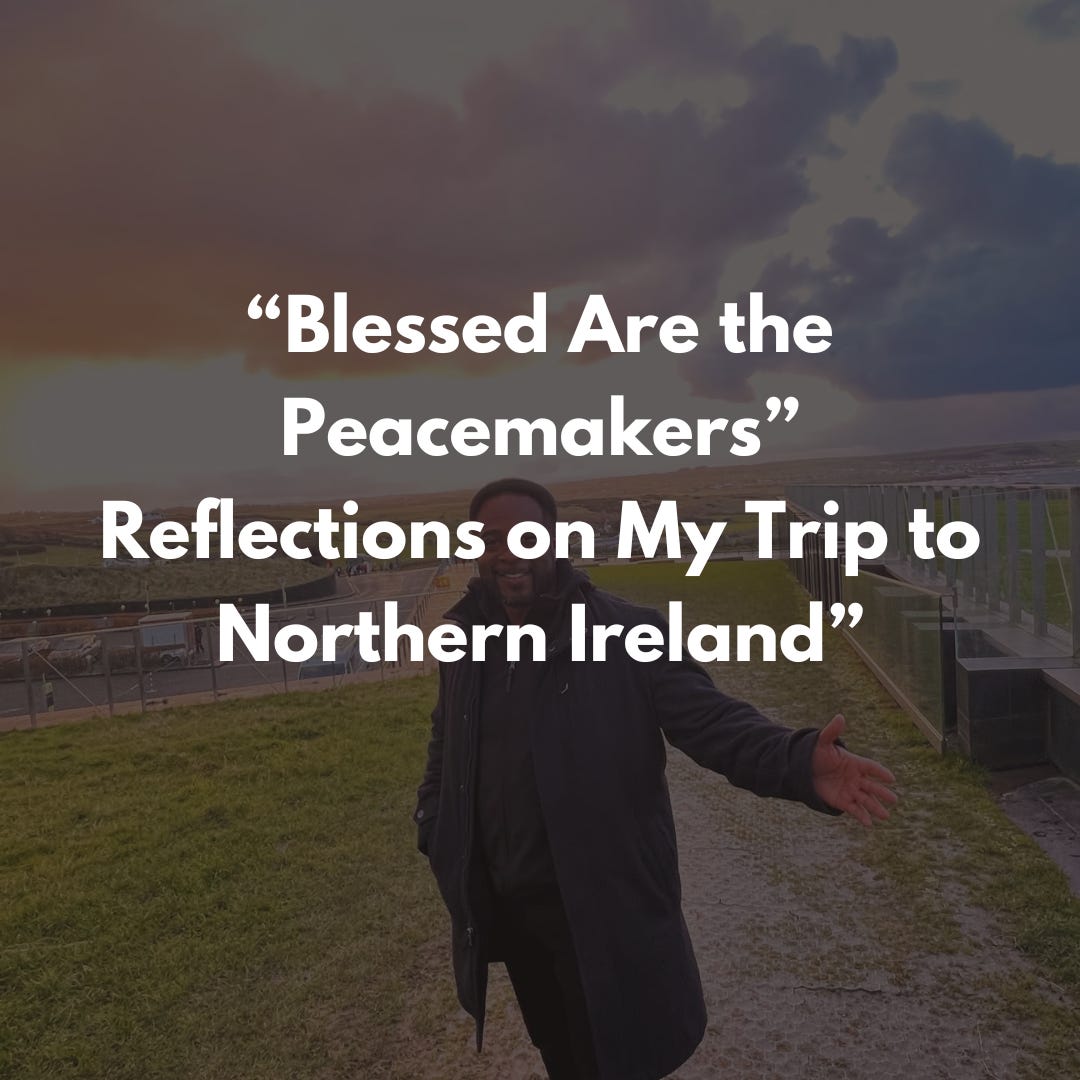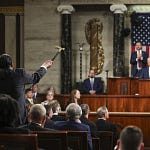NOTE: I am new to the history and nuances of this subject—one that is tense, contested, and very personal to many. I am doing my best to be careful and measured, but I also want to give my honest reflections. Please forgive any inaccuracies or insensitivities.
In the Sermon on the Mount, Jesus tells his listeners, “Blessed are the peacemakers, for they shall be called children of God.”
Our journey to Northern Ireland focused on Christian peacemaking in the context of “The Troubles.”
The Troubles lasted about 30 years from 1968-1998 between Catholics and Protestants in Northern Ireland.
What began with attempts at peaceful protests during the Northern Ireland Civil Rights movement in the late 1960s descended into decades of sectarian violence between paramilitary groups on both sides.
More than 3,500 people were killed and many thousands more injured in The Troubles.
The violent portion of the conflict finally came to an end with the Good Friday Agreement of 1998.
I went to Northern Ireland as part of an endeavor hosted by the Calvin Institute of Christian Worship and the Telos Group.
We were looking at justice and peacemaking in the context of worship.
To that end we visited places such as Corrymeela, Derry, Giant’s Causeway, Clonard Monastery, and Stormont just to name a few.
In this very special episode of Footnotes, I offer some of my reflections about the trip. The journey deeply impacted me, and I hope this is not my last journey to Northern Ireland.
Takeaways:
Religion can be used as justification for violence, it can also be the impetus for peace.
Conflicts are seldom proportional. There are not “two equal sides.” Usually one side has the money, political power, and military/law enforcement and is trying to keep or expand power. The other side consists of the “disinherited” who have been disempowered and are seeking civil and human rights.
Intergenerational trauma is real. The impact of The Troubles on generations of people is poignantly expressed in their words, their silence, and their emotions. Violence leaves its mark not only on the people directly involved but those who live long after them.
The struggle for justice, peace, and human dignity is universal. Although I had no context for Northern Ireland’s history coming into the trip, I quickly saw the parallels with the civil rights movement in the United States. All human beings want to live freely and with the respect due to them as bearers of God’s image.














Share this post